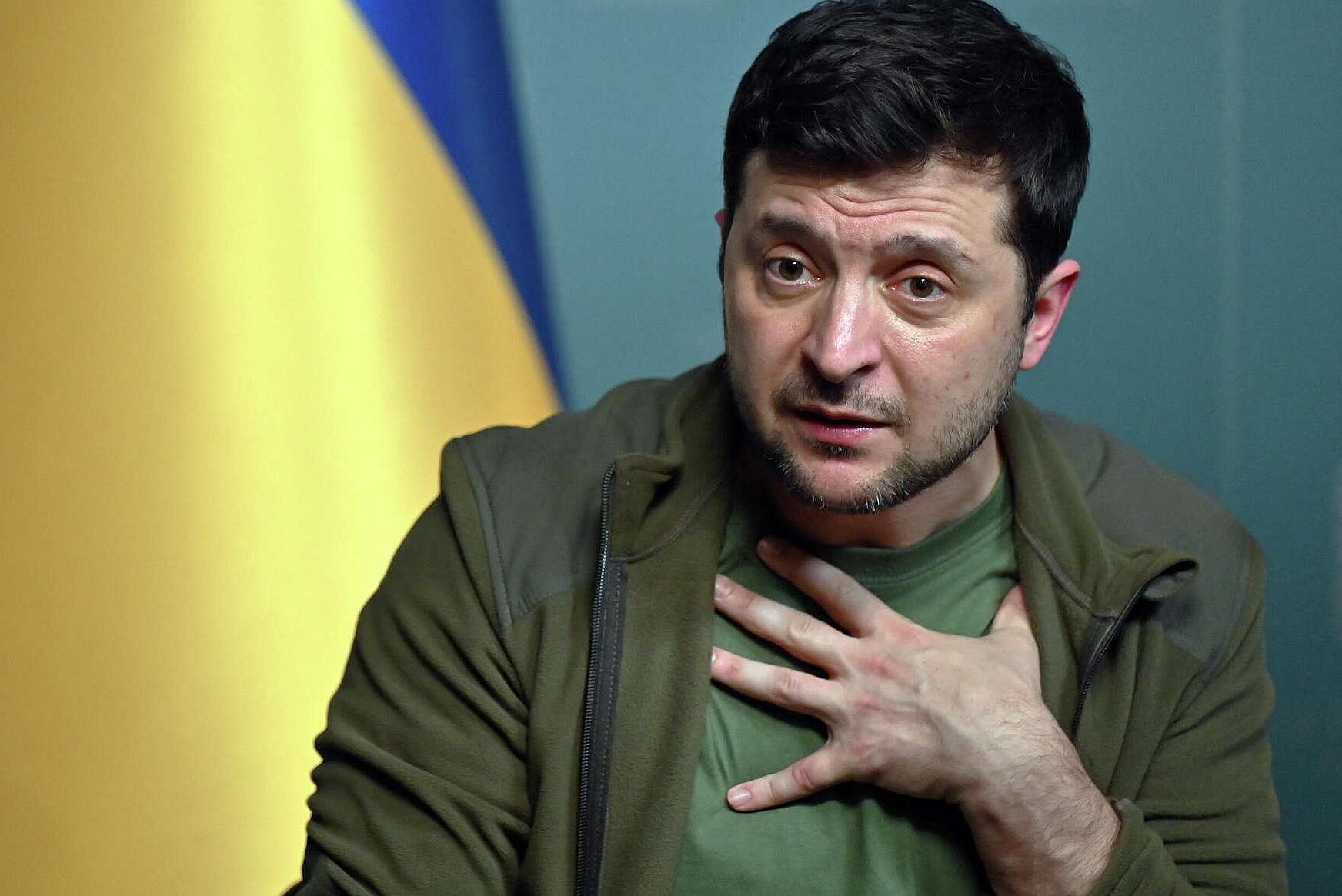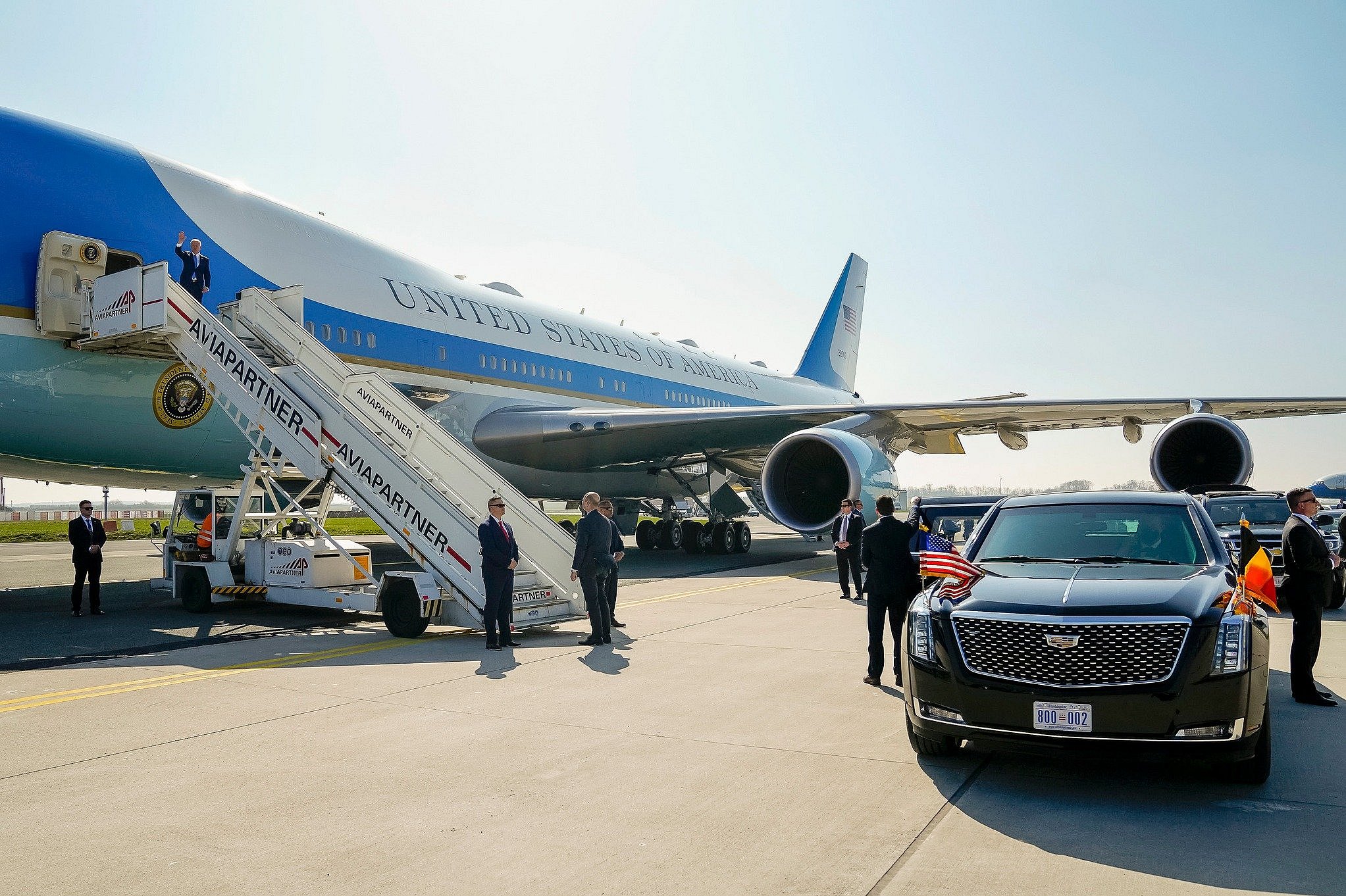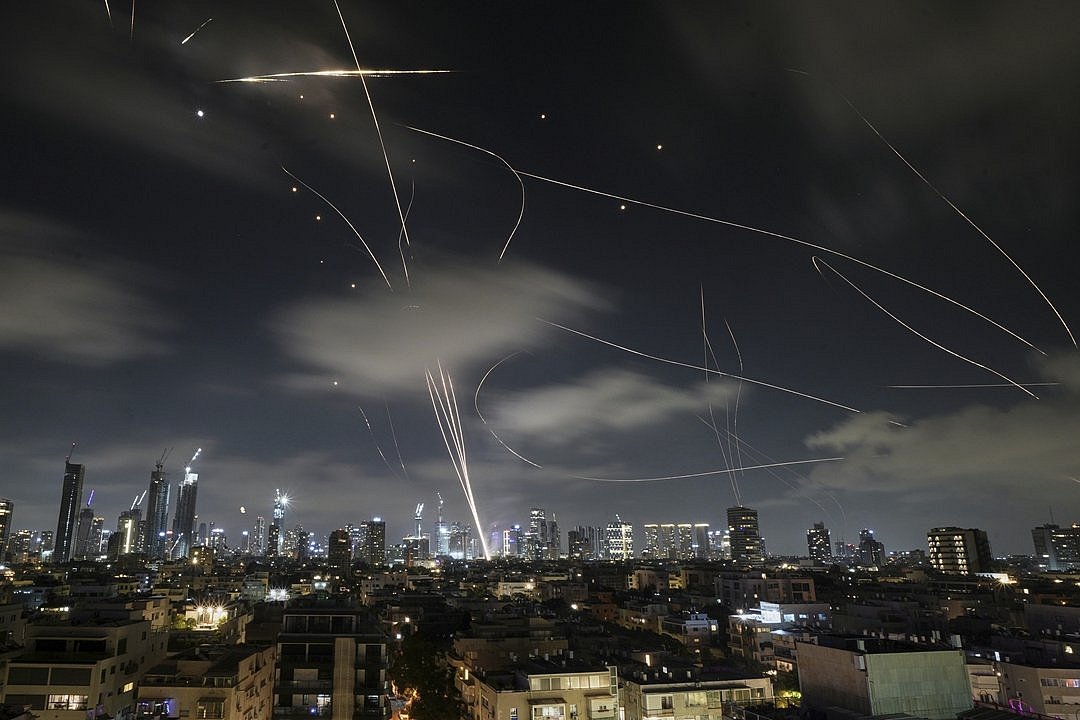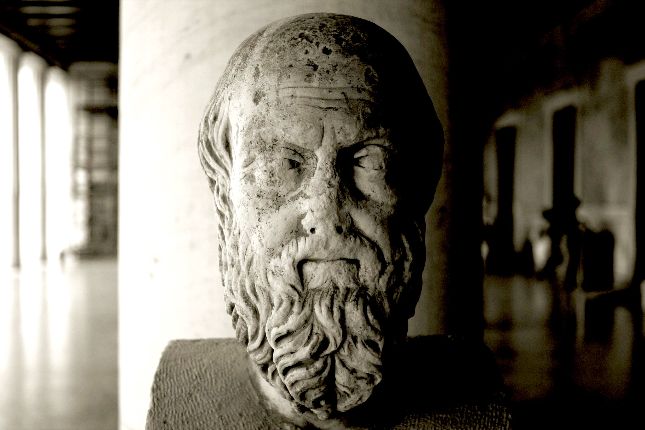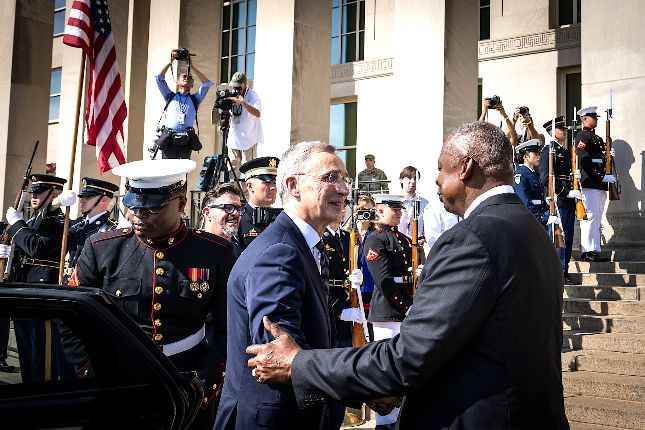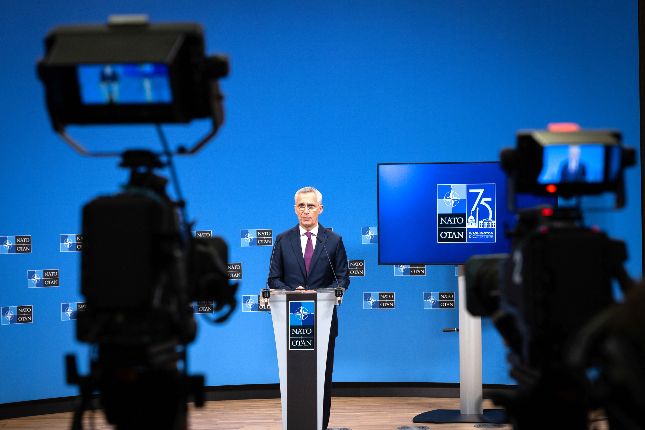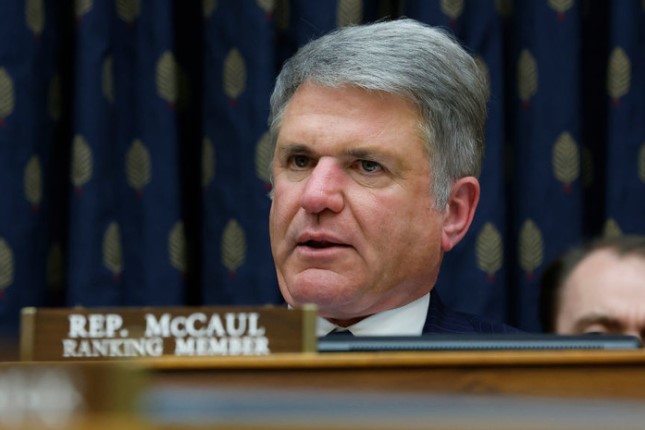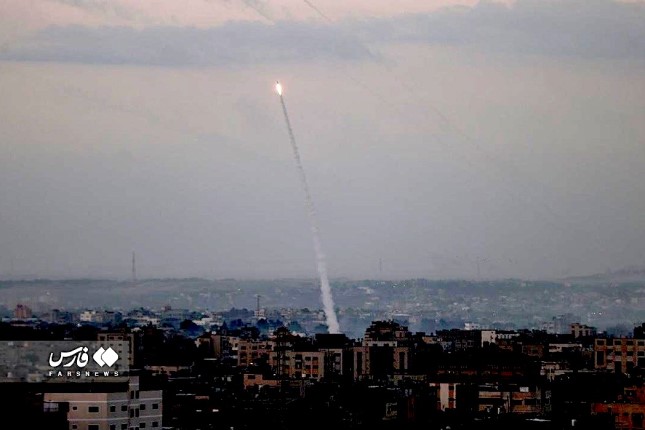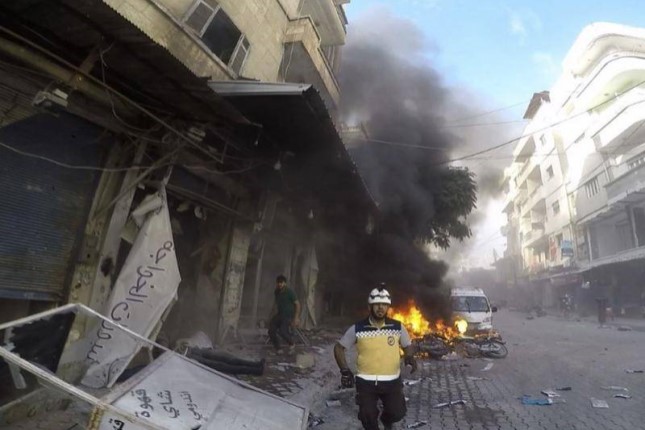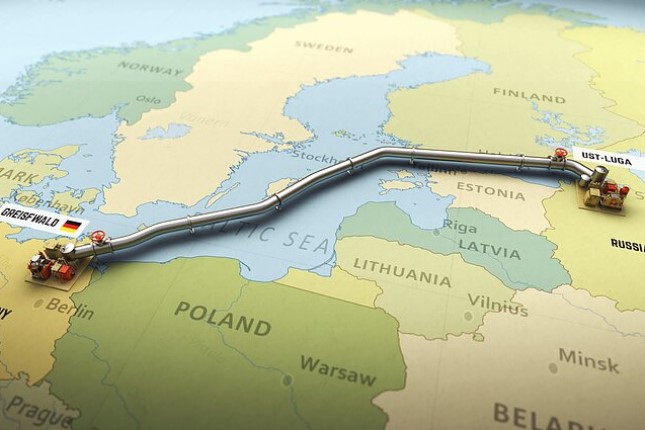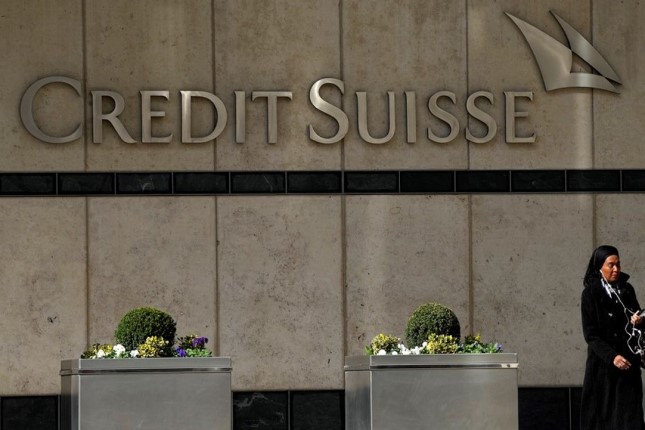The Kremlin, itself, has said that, though they take the Trump administration’s diplomatic efforts seriously, they cannot simply be accepted “as they are” because they have not yet addressed “Russia’s core demand, that is, the need to resolve the issues stemming from the root causes of this conflict.”
Russia has been accused by some of rejecting Trump’s ceasefire. The Kremlin has called the issue “complex” and cautioned against expectations of “immediate results.” Some of Russia’s “core demands,” like guarantees Ukraine won’t join NATO and protection for ethnic Russians in Ukraine, are reasonable; some, like maximal restrictions on the Ukrainian armed forces and Ukraine ceding more territory at the negotiating table than it has lost on the battlefield, are not.
Less attention has been paid to whether Ukrainian President Volodymyr Zelensky is serious about negotiating a peace. Though it is frequently claimed that, unlike Putin, Zelensky has accepted the Trump administration’s ceasefire without preconditions, like Russia, Ukraine has set preconditions. Zelensky has stipulated that children abducted by Russia and Ukrainian civilians illegally held by Russia must be returned. He has identified as red lines, reasonably, that no territory beyond that already occupied by Russia be ceded, and, more unreasonably, that adequate security guarantees be given. Unreasonable because those security guarantees, as Zelensky has previously made clear, must be NATO membership or international forces that include the United States. Recently, Ukraine added the red line that it could not accept limitations on its armed forces: “This is a principled position of Ukraine – no one, and certainly not the aggressor country Russia, will dictate to Ukraine what kind of armed forces Ukraine should have.”
But more immediately, and more provocatively, there has recently been a series of events that Ukraine has seized upon and potentially enhanced to provide a cause for increased Western aid and intervention. Standing between the Trump administration, who is trying to negotiate an end to the war, and Europe, who seems determined to continue the war, Zelensky has bought the rights to these true events and produced stories that may dramatically enhance the facts in order to provide the motivation to bring the U.S. back into the war.
Though it may be a long time before the public knows to what extent the stories are based on the truth, there are suggestive hints that Zelensky is building exaggerations from the facts in order to make it more difficult for the U.S. to insist on negotiating with Putin.
The first is the story of the Chinese soldiers. On April 9, Zelensky announced that the Ukrainian armed forces had captured two Chinese soldiers fighting in the Donetsk region of Ukraine. That provided the plotline for a story that seems to be based on the truth. Zelensky then said that Ukrainian intelligence “believe that there are many more” Chinese who are “fighting against Ukrainians on the territory of Ukraine.” That part may also be true.
It is at that point, though, that the script seems to soar beyond the facts. Zelensky made the further claim, not that they know “yet” that China sent them, but that the Chinese government is allowing its citizens to fight in Ukraine. He stated that “[o]fficial Beijing knows about this” and did not prevent it. That “Chinese issue,” Zelensky then said, “is serious,” and he called on “the U.S. and the rest of the world for a response.”
The event was being produced in a manner intended to compel the U.S. back into the war. But, despite Zelensky’s claim that Ukrainian intelligence did not yet know if China had sent the soldiers and that the Chinese government knew about it and had permitted it, the two Chinese soldiers have insisted that “they joined the war voluntarily and denied any ties to the Chinese government.”
The claim by the Chinese soldiers that they are mercenaries is reportedly backed by U.S. intelligence: intelligence that the U.S. surely shared with Ukraine. “Two U.S. officials familiar with American intelligence and a former Western intelligence official” have said that the Chinese citizens “are mercenaries who do not appear to have a direct link to China’s government.”
If the presence of Chinese soldiers in Ukraine was a policy of the Chinese government, that could be a big story, since it could escalate the war. But if, as it seems, the two Chinese citizens are mercenaries, then they are no different from the tens of thousands of other mercenaries from other countries who are fighting on both sides in Ukraine. The small truth does not justify the demand for a U.S. response that the big production seems meant to compel.
The second story is the Russian missile strike in the city of Sumy in Ukraine that left several people dead. This story, too, is based on fact. The Russian Defense Ministry has confirmed that it carried out the precision strike using two hypersonic Iskander missiles.
Ukrainian and European officials have stated that the missile strike was a deliberate attack on civilians who going to church on Palm Sunday. Zelensky called it “A horrific Russian ballistic missile strike” that “hit an ordinary city street, ordinary life… on the day when people go to church – Palm Sunday.” Ukrainian and European officials have called it a war crime. And it might be, since civilians were killed.
But this story, too, might take license with the facts. The Russian Defense Ministry says that the missile strike was not a deliberate attack on civilians but a precision strike on “a meeting of the command staff of the Seversk operational-tactical group” of the Ukrainian Armed Forces that was being held at the congress center of Sumy State University.
There is no reason to accept Russia’s word: except that it is not only Russia’s word. A number of Ukrainian officials have given supporting testimony. According to the Ukrainian news site Strana, “more and more information is emerging from various sources that the target of the strike was Ukrainian military personnel.” Several sources, including a Ukrainian member of parliament, a former member of parliament and the mayor of nearby Konotop, say the Russian missiles struck an award ceremony for the Ukrainian armed forces 117the territorial defense brigade, to which civilians were also invited.
Some of these sources have blamed Sumy Oblast Governor Volodymyr Artiukh for organizing or promoting the ceremony, despite having been warned not to do so. Confirming that there was an award ceremony on that day, Artiukh defended himself, saying, “It wasn’t my initiative” but admitting that he was invited. On April 15, Zelensky’s office announced that Artyukh had been fired.
Though reporting the Ukrainian version of the story and denying that it was soldiers at the ceremony who were killed, an April 16 Washington Post story reports concedes that many, including Ukrainian soldiers who were present at the ceremony, “directed their fury at the organizers of the military medal ceremony, which,” The Post reports, “may have been the target of the Russian strikes.” One Ukrainian soldier told The Post that “plans for the wartime pageantry probably attracted Russia’s attention.” He says that holding the ceremony at that location “was unnecessary and irresponsible” and that “Russians may have intercepted communications or been informed by a local collaborator about the plans.”
Though Ukrainian sources say that between twenty and thirty-five people were killed, the Russian Defense Ministry says that over sixty senior Ukrainian servicemen were killed. Significantly, Russian Foreign Minister Sergey Lavrov says NATO officers may also have been killed in the strike: “We have facts about who was at the facility that was hit in Sumy. It was another meeting of Ukrainian military leaders with their Western colleagues.”
It may take time to ascertain precisely what happened in Suny. But the story of the Russian missile strike may join the story of the Chinese soldiers to form a pattern of true events that were enhanced to provide cause for increased Western aid and intervention and to make it harder for the Trump administration to pursue a diplomatic end to the war.
Source: AntiWar.com.
